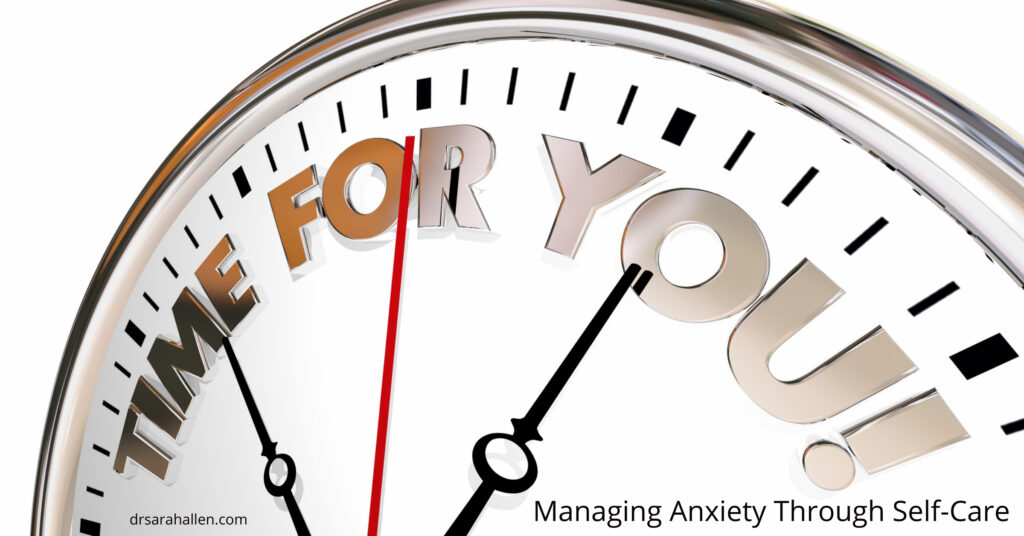
Everyone has an inner critic. This voice in your head judges and criticizes your actions, thoughts, and appearance. While sometimes helpful, self-criticism can become harmful if it’s too harsh or constant. An overly critical inner voice can lead to low self-esteem and hinder personal growth.
Harsh self-criticism affects mental health. It can make everyday tasks feel overwhelming and feed feelings of anxiety and depression. When you constantly focus on what you did wrong, it’s hard to see your strengths and achievements. This negative perspective can create a cycle of self-doubt and unhappiness.
Breaking free from this pattern is possible. Developing a kinder, more balanced inner voice takes time and practice. Simple strategies can help shift your inner dialogue. Learning to silence your inner critic can improve your mood, boost your confidence, and enhance your overall well-being. This article will explore effective strategies to help you overcome self-criticism and foster a healthier mindset.
Understanding the Inner Critic and Overcoming Self-Criticism
The inner critic is that negative voice inside your head that judges and doubts your every move. It can tell you that you’re not good enough or that you’ll fail before even trying. While some self-criticism can be motivating, too much can be damaging. The goal is to reduce this harsh inner voice and replace it with a kinder, more encouraging one.
To overcome self-criticism, first recognize when this voice speaks up. Pay attention to the negative thoughts and how they make you feel. Understand that these thoughts are not facts; they’re just opinions. This awareness is the first step toward changing the way you talk to yourself.
Once you notice your inner critic, challenge those negative thoughts. Ask yourself if they are really true. Would you say these things to a friend? Replace critical thoughts with supportive ones. For example, instead of thinking, “I messed up again,” try saying, “Everyone makes mistakes, and I can learn from this.” This approach helps build a more positive inner dialogue over time.
Effects of Self-Criticism on Mental Health
Self-criticism can have serious effects on mental health. Constantly judging yourself harshly can lead to feelings of worthlessness and low self-esteem. When you focus on your flaws and failures, it becomes hard to see your strengths and accomplishments.
These negative feelings can also contribute to anxiety and depression. When you’re always criticizing yourself, daily tasks can feel overwhelming. An anxious mind tends to magnify problems, making them seem bigger than they are. Depression can make you feel stuck, unable to see a way out of the negative cycle.
Moreover, excessive self-criticism can affect your physical health. Stress from constant negativity can lead to headaches, sleep problems, and even weakened immune function. Recognizing the harm that self-criticism can cause is crucial for taking steps to improve your mental and physical well-being. By addressing and reducing your inner critic, you can foster a healthier, happier mindset.
Relationship Between Self-Criticism and Anxiety and Depression
Self-criticism is closely linked to anxiety and depression. When you’re continually harsh on yourself, it can trigger feelings of stress and worry. You might start doubting your abilities and fearing failure, which can lead to significant anxiety. This constant state of worry impacts your ability to relax and enjoy life.
Depression often stems from prolonged periods of self-criticism. If you keep focusing on your faults and mistakes, it can cause feelings of sadness and hopelessness. You start to see yourself only through a negative lens, which can make it hard to feel happy or motivated. Over time, this pattern can develop into chronic depression.
Furthermore, this connection creates a vicious cycle. Anxiety and depression feed more self-critical thoughts, perpetuating the cycle. Breaking this cycle requires addressing the inner critic and finding ways to be kinder to yourself. Recognizing this relationship is essential for improving both your mental health and overall well-being.
Strategies to Be Less Critical of Yourself
Look for the Origins: Understanding where your self-critical thoughts come from can help you address them. These thoughts often start in childhood or are influenced by past experiences. Identifying their origins can help you challenge and change them.
Learn Self-Compassion: Treat yourself with the same kindness you would offer a friend. When you make a mistake, remind yourself that no one is perfect. Practice being gentle with yourself when things go wrong.
Practice Positive Affirmations: Replace negative thoughts with positive affirmations. Simple statements like “I am enough” or “I am doing my best” can shift your mindset. Repeat them regularly to build a more positive self-image.
Celebrate Successes Rather Than Focus on the Negatives: Focus on your achievements instead of your failures. Keep a journal to track your successes, no matter how small they seem. Celebrating your wins helps build confidence.
Reframe Thoughts: When negative thoughts arise, try to reframe them in a more positive light. Instead of thinking, “I failed,” reframe it as, “I learned something new.” This helps shift your perspective and encourages a growth mindset.
Final Thoughts
The journey to silence your inner critic is about developing a kinder, more supportive self-dialogue. Understanding the impact of self-criticism on mental health and recognizing its link to anxiety and depression are key steps in this process. By employing strategies like self-compassion, positive affirmations, and celebrating successes, you can begin to nurture a healthier mindset.
Reframing your thoughts and identifying the origins of your self-criticism can further support this transformation. Remember, change takes time, and it’s okay to seek help along the way. A compassionate inner voice will not only improve your mental health but also enhance your overall quality of life.
If you struggle with self-criticism and its effects, we can work on creating a more positive and supportive inner dialogue. I offer personalized support to help you navigate these challenges with anxiety treatment either in person in Northbrook or virtually across Illinois, Florida and the UK. Contact me on the form below or call me on 847 791-7722 to take the first step towards a kinder, more confident you.

If you have any questions, or would like to set up an appointment to work with me and learn how to reduce anxiety, please contact me at 847 791-7722 or on the form below.
If you would like to read more about me and my areas of specialty, please visit Dr. Sarah Allen Bio.
Dr. Allen’s professional license only allows her to work with clients who live in IL & FL & the UK and unfortunately does not allow her to give personalized advice via email to people who are not her clients.
Dr. Allen sees clients in person in her Northbrook, IL office or remotely via video or phone.

What Can I Read That Helps Me While I Am Waiting For My First Appointment With Sarah?
Download this free booklet to gain valuable insights and practical strategies for managing anxiety and worrying.




























